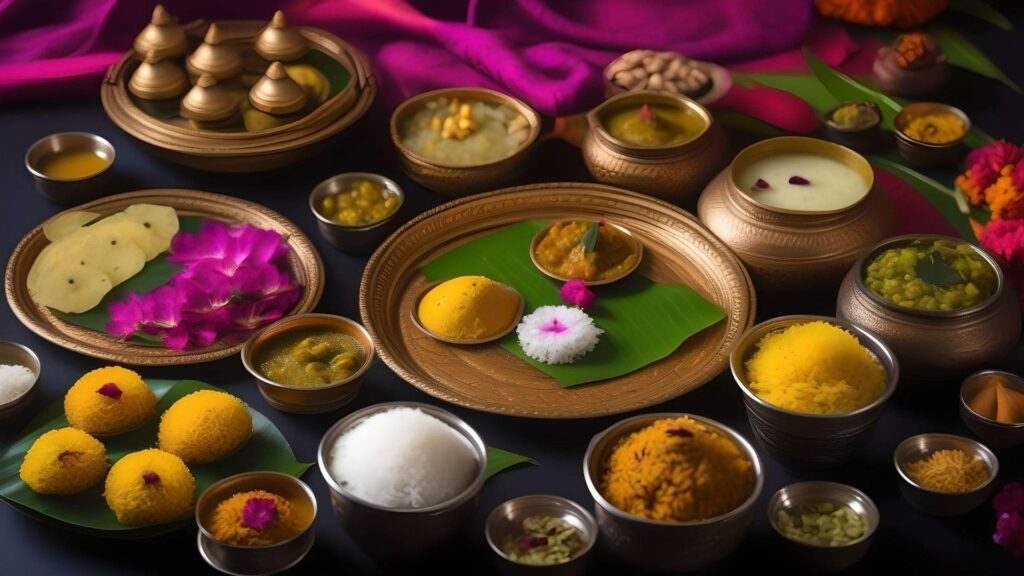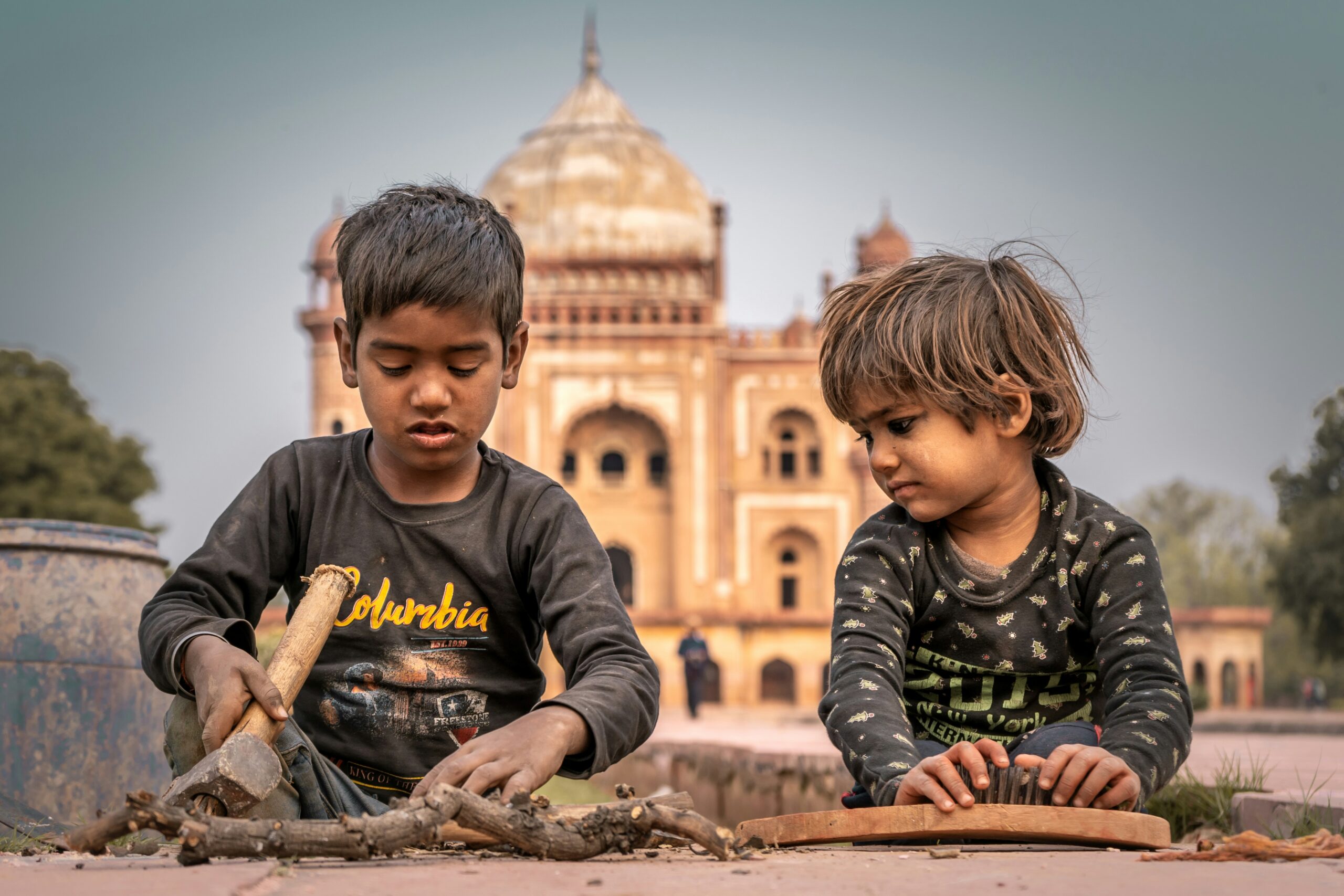Introduction: Brief Historical Overview of Pakistan’s Independence
Pakistan Independence Day, known locally as Youm-e-Azadi, marks a significant chapter in the history of South Asia. The genesis of the independence movement can be traced back to the early 20th century, as mounting aspirations for a distinct nation grew among the Muslim community in British India. The foundation of this movement was substantially bolstered by the All-India Muslim League, established in 1906, which became the primary political party advocating for the rights of Muslims and the creation of a separate Muslim state.
The leadership of Muhammad Ali Jinnah was pivotal in this struggle. Known affectionately as Quaid-e-Azam, or “Great Leader,” Jinnah’s vision and indefatigable efforts orchestrated the ideological and political framework necessary for the establishment of Pakistan. His articulation of the Two-Nation Theory shifted the political dialogue towards a realization of a separate homeland for Muslims. This was a significant step as it underscored the distinct cultural heritage and religious identity that the Muslim community sought to preserve and promote.
Key milestones in the independence movement include the Lahore Resolution of 1940, which explicitly demanded independent states for Muslims in the north-western and eastern zones of India. Over the subsequent years, the struggle for independence intensified, punctuated by numerous sacrifices from countless individuals who laid down their lives for the cause. The turbulent years leading to 1947 saw significant negotiations, civil disobedience, and escalating conflicts, all of which were rooted in the unyielding desire for sovereignty.
Finally, the dawn of August 14, 1947, heralded the birth of Pakistan. The Pakistani flag, a symbol of unity and hope, was raised, and the national anthem echoed the sentiments of triumph and resolve. The creation of Pakistan was not just a political victory but a deeply emotional culmination of decades of perseverance and resistance against colonial rule. This day, celebrated annually with immense patriotism, reminds us of the enduring unity and sacrifice that led to the nation’s founding.

Significance of Independence Day
Pakistan Independence Day, often referred to as Youm-e-Azadi, is a cornerstone event in the national calendar, symbolizing the birth of a sovereign state. This day holds profound significance for Pakistanis, commemorating the hard-fought struggle for an independent homeland. The narrative of this day is rich with tales of extraordinary resilience and undying patriotism. The sacrifices made by countless individuals during the independence movement continue to resonate deeply within the collective consciousness of the nation. Each 14th of August, the sky is adorned with the Pakistani flag, a vivid emblem of unity, hope, and a testament to the unyielding spirit of those who strived for freedom.
There is an overarching sense of national pride and collective memory that permeates through Pakistan on Independence Day. The date is engraved in history as a reminder of the unity and determination that transcended differences, forging a separate statehood. The public gatherings, the playing of the national anthem, and various celebrations across the country create a palpable sense of belonging and shared history among its citizens. These traditions not only honor the past but also serve as vital threads that weave the national identity and unity, reinforcing the fundamental ethos upon which Pakistan was founded.
The ongoing relevance of Pakistan Independence Day in contemporary times is manifested through various cultural expressions and public discourse. As Pakistan advances, the day fosters a sense of hope and renewal, urging new generations to appreciate the cultural heritage and the sacrifices that laid the groundwork for their freedoms. This continuous reflection on the past ensures that the ideals of unity, sacrifice, and patriotism remain pivotal in navigating the present and shaping the future. In essence, Youm-e-Azadi is more than just a historical commemoration; it is an enduring affirmation of national purpose and identity.
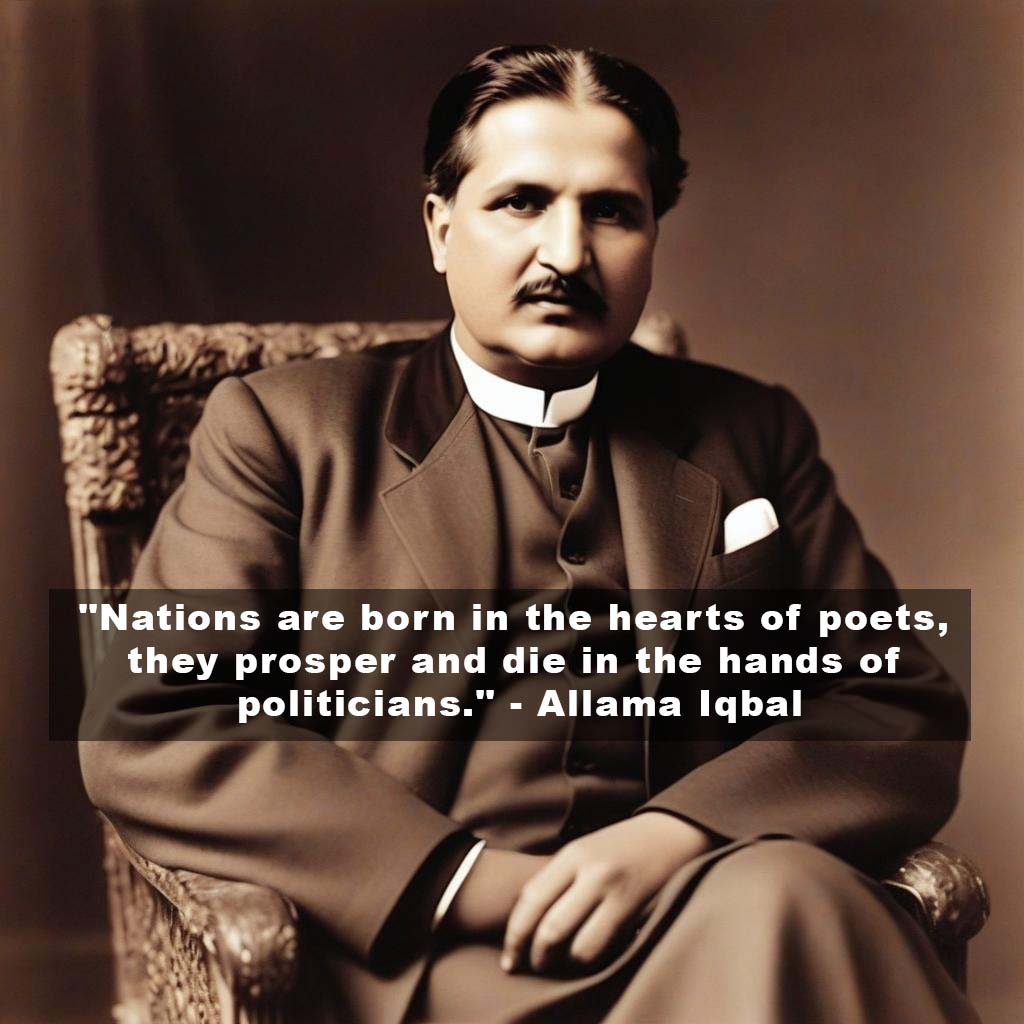
The Spirit of Patriotism and Unity
The essence of Youm-e-Azadi, or Pakistan Independence Day, lies in fostering a profound sense of patriotism and unity among the people. This pivotal occasion is an opportunity to rekindle the flames of national pride and solidarity that led to the birth of Pakistan in 1947. The spirit of patriotism and unity is imparted through various educational programs, public speeches, and community activities across the country, ensuring each generation understands the significance of freedom and the sacrifices made for it.
Educational institutions play a crucial role in promoting these values. Schools and universities organize special assemblies, debates, and essay competitions revolving around the themes of independence, sacrifice, and nationhood. These programs not only educate young minds about the country’s history but also inspire them to contribute positively to its future. A student from Lahore remarked, “Learning about our independence movement makes me proud to be Pakistani and motivates me to work hard for our nation’s progress.”
Public speeches by leaders and influential figures further emphasize the importance of patriotism and unity. These speeches often recount the struggles of the independence movement and the vision of the founding fathers for a united and prosperous nation. Such narratives foster a collective identity and remind citizens of their shared heritage. As Quaid-e-Azam Muhammad Ali Jinnah, the father of the nation, once said, “With faith, discipline, and selfless devotion to duty, there is nothing worthwhile that you cannot achieve.”
Community activities also play an integral role in celebrating Youm-e-Azadi. Flag hoisting ceremonies, cultural performances, and parades bring people together to celebrate their national identity. These gatherings are a testament to the resilience, unity, and hope that define the Pakistani spirit. They serve as a reminder that, despite challenges, the country can achieve great heights through collective effort and mutual support.
In essence, the commemoration of Pakistan Independence Day is not merely a celebration of the past but a reaffirmation of the enduring values of patriotism and unity. It serves as a beacon of hope, guiding the nation towards a more unified and prosperous future.
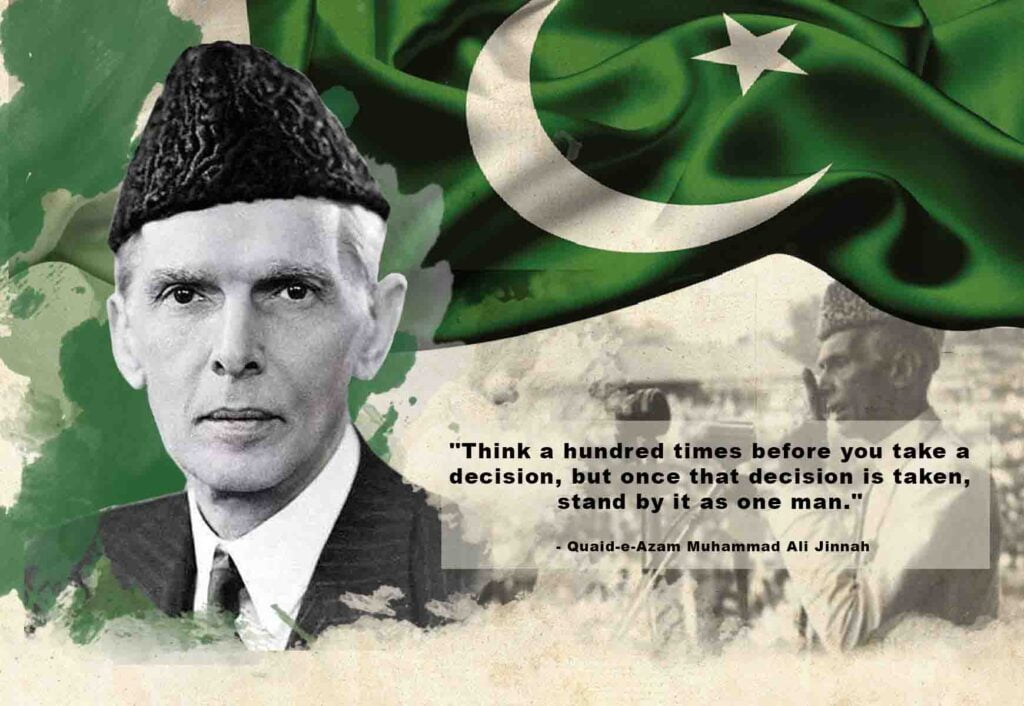
Inspiring Quotes: A Curated Collection of 30 Quotes
Patriotism
“With faith, discipline, and selfless devotion to duty, there is nothing worthwhile that you cannot achieve.” – Quaid-e-Azam Muhammad Ali Jinnah
“Nations are born in the hearts of poets, they prosper and die in the hands of politicians.” – Allama Iqbal
“Think a hundred times before you take a decision, but once that decision is taken, stand by it as one man.” – Quaid-e-Azam Muhammad Ali Jinnah
“A country is not just a piece of land. It is the soil in which our roots flourish.” – Khushwant Singh
“The patriot’s blood is the seed of Freedom’s tree.” – Thomas Campbell
Unity
“Unity, Faith, and Discipline.” – Quaid-e-Azam Muhammad Ali Jinnah
“We are now all Pakistanis—not Baluchis, Pathans, Sindhis, Bengalis, Punjabis, and so on—and as Pakistanis, we must feel, behave, and act.” – Quaid-e-Azam Muhammad Ali Jinnah
“Our strength lies in our unity.” – Liaquat Ali Khan
“We should always be proud of our unity and integrity.” – Benazir Bhutto
“Living together in harmony and uniting our strengths can make Pakistan a great nation.” – Malala Yousafzai
Sacrifice
“The story of nations is full of sacrifices. Our sacrifices will not go in vain.” – Quaid-e-Azam Muhammad Ali Jinnah
“In the battle of right and wrong, you have to be willing to lose everything to gain something much greater.” – Fatima Jinnah
“When we give up our right to be small, we elevate our sacrifice to the level of greatness.” – Sir Syed Ahmed Khan
“Freedom is not free; it comes with the highest cost for those who believe in its value.” – Major Tufail Muhammad
“We must all make sacrifices to build a stronger and better tomorrow.” – Abdul Sattar Edhi
Hope
“The journey of a thousand miles begins with a single step.” – Chinese Proverb
“Hope is being able to see that there is light despite all of the darkness.” – Desmond Tutu
“To be hopeful in bad times is not just foolishly romantic. It is based on the fact that human history is a history not only of cruelty, but also of compassion, sacrifice, courage, kindness.” – Howard Zinn
“Our dreams can come true, if we have the courage to pursue them.” – Walt Disney
“Hope is the last thing ever lost.” – Italian Proverb
“No matter how difficult the moment, think of the dream that awaits you.” – Nizar Qabbani
Cultural Heritage
“A nation’s culture resides in the hearts and in the soul of its people.” – Mahatma Gandhi
“Our cultural heritage is a vital link between our past, present, and future.” – Prof. Dr. Abdul Qadeer Khan
“Being proud of our culture means respecting and celebrating our diverse heritage.” – Faiz Ahmed Faiz
“Cultural heritage defines a nation’s identity and shapes its destiny.” – Shahid Kapoor
“The pride we take in our legacy will bind us closer and instill a sense of unity and belonging.” – Ahmad Faraz
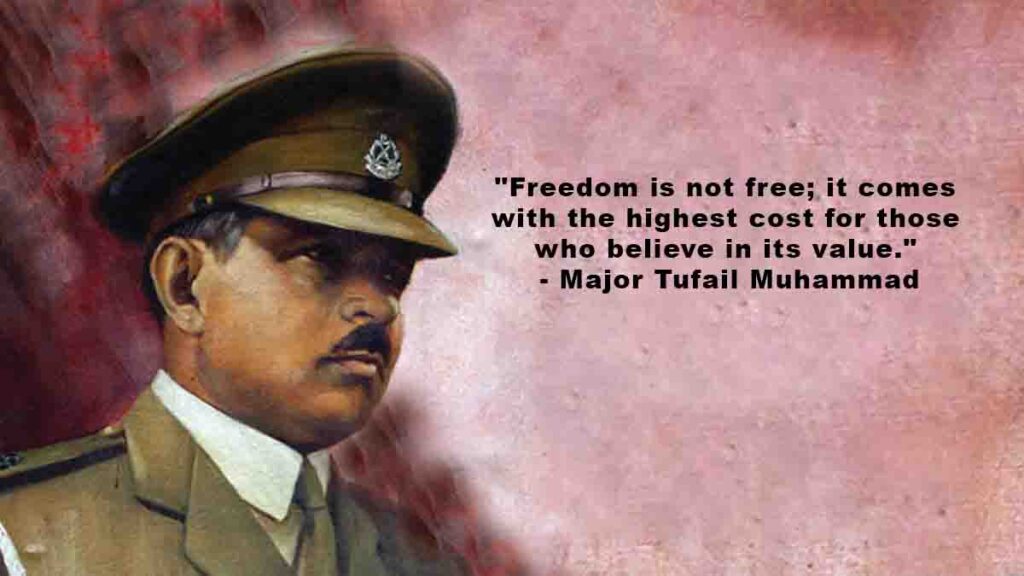
Historical Facts: Interesting and Lesser-Known Facts about the Independence Movement
As we delve into the rich history of Pakistan’s independence movement, we uncover a plethora of fascinating and lesser-known facts that shed light on the monumental struggle leading up to Youm-e-Azadi, celebrated every year on August 14th. These tidbits of history not only amplify our understanding of that critical period but also pay homage to the relentless efforts and sacrifices that culminated in the independence of Pakistan.
One of the lesser-known facts about the independence movement is the role of women. Figures like Fatima Jinnah, sister of Muhammad Ali Jinnah, played an instrumental role, tirelessly working alongside men to advocate for Pakistan’s creation. Their contributions, often overshadowed in mainstream narratives, comprise an essential part of the independence chronicles.
Interestingly, the national anthem of Pakistan, ‘Qaumi Taranah,’ was not adopted immediately after independence. While Pakistan gained sovereignty in 1947, it was not until 1954 that the anthem, written by Hafeez Jullundhri and composed by Ahmad G. Chagla, was officially recognized. This delay underscores the meticulous effort invested in crafting an enduring symbol of national unity and identity.
The development of the Pakistani flag also carries symbolic weight. Designed by Amiruddin Kidwai, the flag features a white stripe representing religious minorities, exemplifying the vision of inclusion and unity. This emblem serves as a perpetual reminder of the diverse fabric of Pakistani society.
Another compelling facet of the independence movement is the sacrifices made by countless individuals. Millions of people were displaced during the partition, and the ensuing communal violence tested the resilience and hope of those involved. These sacrifices form the bedrock of the national identity, commemorated every Youm-e-Azadi with profound respect and patriotism.
Finally, few recognize the cultural heritage nurtured during and after the independence movement. Artistic expressions flourished, ranging from literature and poetry to music and visual arts, enriching the cultural landscape. Celebrating Youm-e-Azadi offers an opportunity to revisit and honor this heritage, reinforcing the spirit of unity and shared history.
These intriguing facts help us appreciate the depth of the independence movement, highlighting not only the political and historical milestones but also the personal stories of determination, unity, and cultural vigor that make Youm-e-Azadi a day of immense significance.
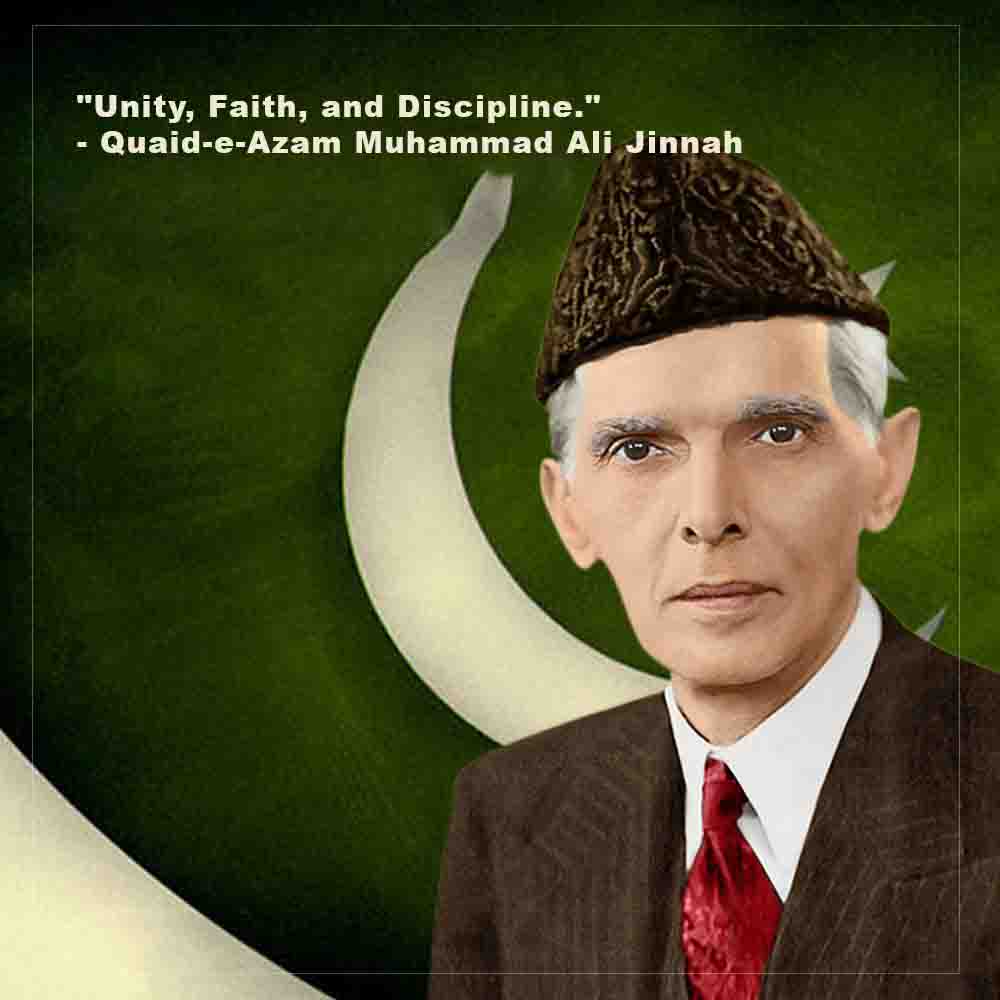
Celebration Ideas: How to Celebrate Independence Day
Celebrating Youm-e-Azadi, also known as Pakistan Independence Day, provides an excellent opportunity to embody patriotism and unity. Families can start by hosting gatherings that embrace the richness of Pakistan’s cultural heritage. Consider organizing a traditional cookout featuring local dishes such as biryani, kebabs, and lassi. To further enhance the experience, adorn your home with the Pakistani flag and encourage guests to wear green and white, the national colors.
Community events can also play a pivotal role in fostering a sense of togetherness. Local parks and communities often hold flag hoisting ceremonies, where the national anthem is sung with pride and zest. Participating in such events fosters a collective sense of pride and allows for meaningful interactions among community members. Additionally, organizing cultural exhibitions can be an excellent way to celebrate and educate others about Pakistan’s rich history and independence movement.
In this digital age, social media campaigns present a compelling way to celebrate Pakistan Independence Day. Sharing quotes from national leaders, posting facts about the independence movement, or simply expressing gratitude for the sacrifices made can resonate deeply. Engage in trending hashtags to see how the wider Pakistani community is celebrating, thereby amplifying the spirit of patriotism and unity.
For families with children, incorporating fun activities into the celebration can make the day especially memorable. Craft projects such as making paper flags, face painting, or storytelling sessions about the independence movement can be both educational and enjoyable. On the other hand, volunteer opportunities such as cleaning local parks or participating in food drives can instill values of gratitude and giving back to the community.
Lastly, for those unable to gather in person, virtual celebrations can be equally meaningful. Host a virtual meet-up with family and friends, share pre-recorded cultural performances, or watch documentaries on Pakistan’s rich history and heritage together. Virtual activities ensure that the spirit of Youm-e-Azadi transcends physical boundaries, enabling everyone to partake in the festivities.
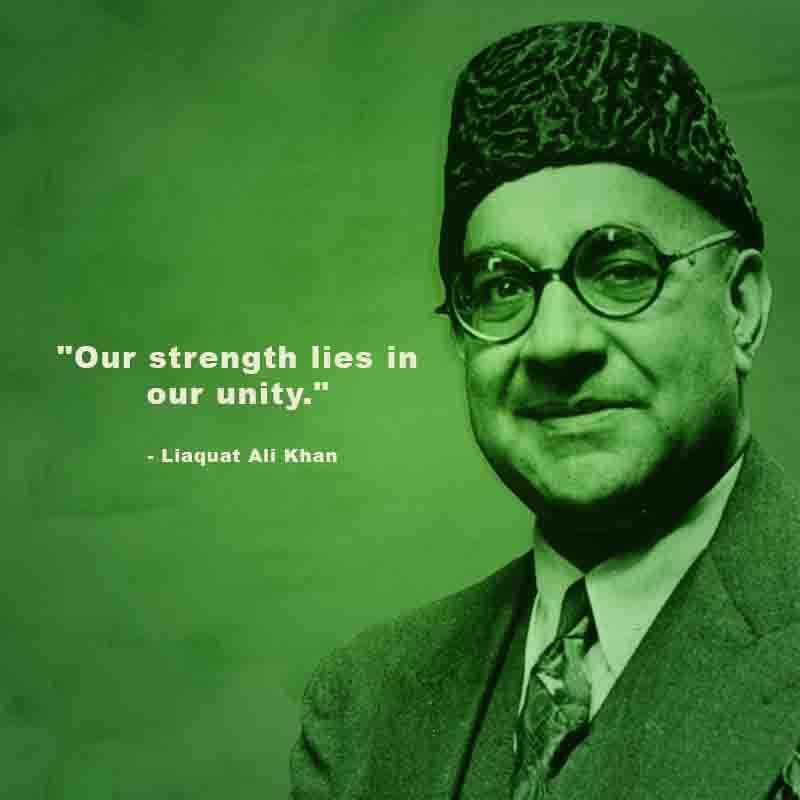
National Symbols: Significance of the Pakistani Flag, National Anthem, and Other Symbols
August 14, Youm-e-Azadi, marks Pakistan Independence Day, a momentous occasion celebrated with a deep sense of patriotism, unity, and reflection. Central to the celebrations are Pakistan’s national symbols, which encapsulate the nation’s identity, heritage, and the sacrifices made during the independence movement. Among these symbols, the Pakistani flag and the national anthem hold particular resonance.
The Pakistani flag, adopted on August 11, 1947, embodies profound national significance. The flag features a green field with a white crescent moon and a five-pointed star in its center and a vertical white stripe at the hoist. The green represents the Muslim majority, while the white stripe symbolizes the religious minorities, signifying peace and unity. The crescent moon is a symbol of progress and the star denotes light and knowledge. The harmonious design of the flag serves as a constant reminder of the nation’s commitment to progress, inclusivity, and enlightenment.
The national anthem, “Qaumi Taranah,” written by Hafeez Jalandhari and composed by Ahmed Ghulamali Chagla, is another powerful emblem of Pakistan’s identity. Officially adopted in 1954, the anthem’s lyrics celebrate the nation’s strength, beauty, and spiritual foundation. Its words invoke a deep sense of pride and unity, as every line reflects the profound aspirations and achievements of the Pakistani people. It is often sung with fervor during national events, fostering a collective sense of belonging and patriotic devotion.
Beyond the flag and anthem, numerous other symbols contribute to the rich tapestry of Pakistan’s cultural heritage. The state emblem, which features the national flower, jasmine, and the crescent and star, emphasizes the nation’s Islamic heritage and agricultural identity. Monuments such as Minar-e-Pakistan and Mazar-e-Quaid stand as enduring tributes to the country’s journey towards independence and the leaders who pioneered it.
These symbols collectively serve as anchors of national pride, evoking the sacrifices and hopes of the past while encouraging present and future generations to strive towards unity and progress. As Pakistan celebrates Youm-e-Azadi, these emblems not only commemorate the struggle for freedom but also inspire a vision of unity, hope, and collective strength.
Cultural Significance: Pakistan’s Diverse Cultural Heritage
Pakistan’s diverse cultural heritage is a vibrant mosaic encompassing numerous languages, traditions, cuisines, and arts, all of which contribute to its unique national identity. This cultural richness is particularly celebrated during Youm-e-Azadi, Pakistan Independence Day, when citizens from all walks of life come together to honor the nation’s multifaceted heritage.
Languages play a pivotal role in defining Pakistan’s cultural identity. The country boasts a plethora of regional dialects, with Urdu serving as the national language that unites its diverse populace. On Independence Day, speeches and national anthems in various languages memorialize the nation’s proud history and foster patriotism.
Traditional attire and practices are frequently spotlighted during the celebrations. Diverse ethnic groups showcase their unique styles of clothing, from the Sindhi ajrak and Balochi turbans to the vibrant dresses of Punjab and Khyber Pakhtunkhwa. Folk dances, such as the Bhangra and Luddi, and traditional music, including classical raags and Sufi qawwalis, infuse the celebrations with an aura of heritage and pride.
Culinary traditions also take center stage, as the country’s rich and varied cuisine is celebrated. Iconic dishes like Biryani, Nihari, and Haleem are prepared and enjoyed, symbolizing unity and shared cultural heritage. Street food, including the beloved chaat and samosas, adds to the festive atmosphere and brings people together in a communal spirit.
The arts, from handmade crafts to literary works, represent another crucial facet of Pakistan’s cultural fabric. Independence Day events often feature exhibitions showcasing traditional crafts, calligraphy, and paintings that depict historical moments from the independence movement, invoking a sense of pride and reflection among the populace.
This diverse cultural heritage not only enriches the national identity but also cultivates a collective sense of unity, sacrifice, and hope for the future. Through these celebrations, people connect with their past, embrace their present, and look forward to a shared future, embodying the spirit of Youm-e-Azadi.
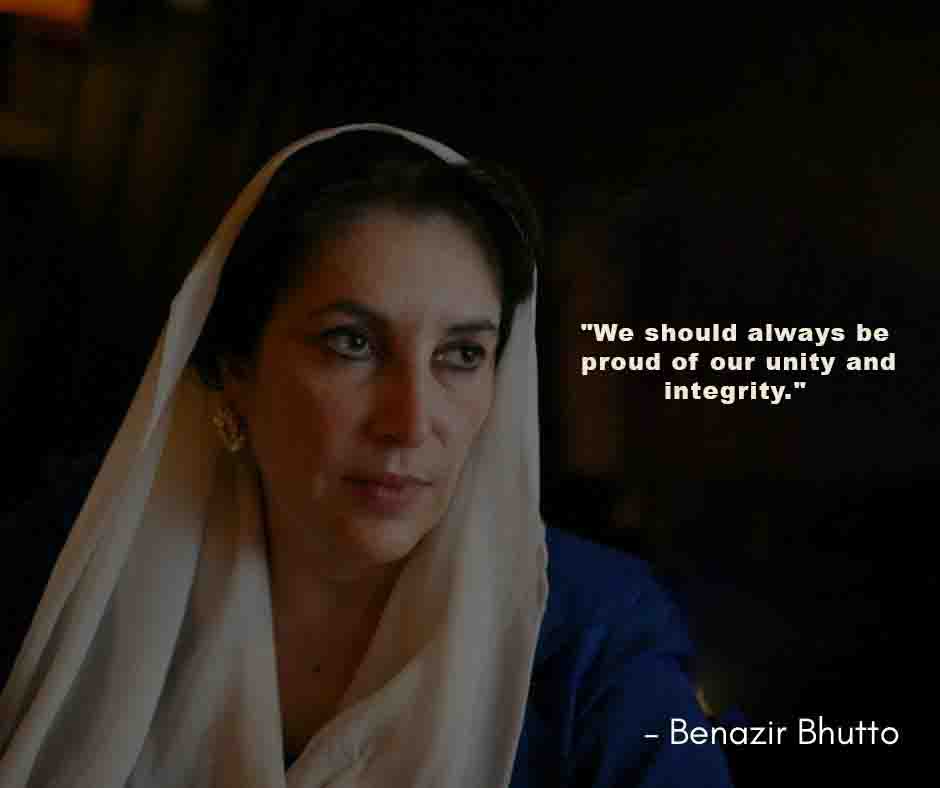
Conclusion: A Call to Action to Celebrate Independence Day with Pride and Responsibility
As Youm-e-Azadi, Pakistan’s Independence Day, approaches, it is imperative to celebrate this significant day with both pride and responsibility. Reflecting on the nation’s storied past, we honor the countless sacrifices made by our forebears who fought tirelessly for freedom and unity. This day is not just a commemoration of the historical achievements of the independence movement but also an opportunity to renew our commitment to building a brighter, more prosperous future for Pakistan.
The Pakistani flag stands as a symbol of our resilience, unity, and collective hope. As we raise it high, let it be a reminder of the values and aspirations that unite us. The national anthem should resonate in our hearts, reigniting feelings of patriotism and the promise of a unified and strong nation. Celebrating Independence Day offers a chance to deepen our understanding of our cultural heritage, integrating elements of our diverse traditions into the festivities.
Individuals and communities are encouraged to embrace celebration ideas that not only exhibit festivity but also convey respect for the sacrifices that underpin our freedom. From educational programs and cultural displays to community services and philanthropic activities, let the essence of sacrifice and hope inspire each action. Let us honor those who paved the way for our independent nation by nurturing patriotism, fortifying unity, and championing progressive ideals.
Youm-e-Azadi is a poignant reminder that the journey towards a prosperous and harmonious Pakistan is a shared endeavor. By participating in the celebrations and embodying the spirit of this historic day, we pay tribute to our past, celebrate our present, and pledge to contribute positively to our collective future. Take a moment to reflect, celebrate, and commit to actions that uplift our nation, ensuring that the legacy of freedom remains vibrant for generations to come.



